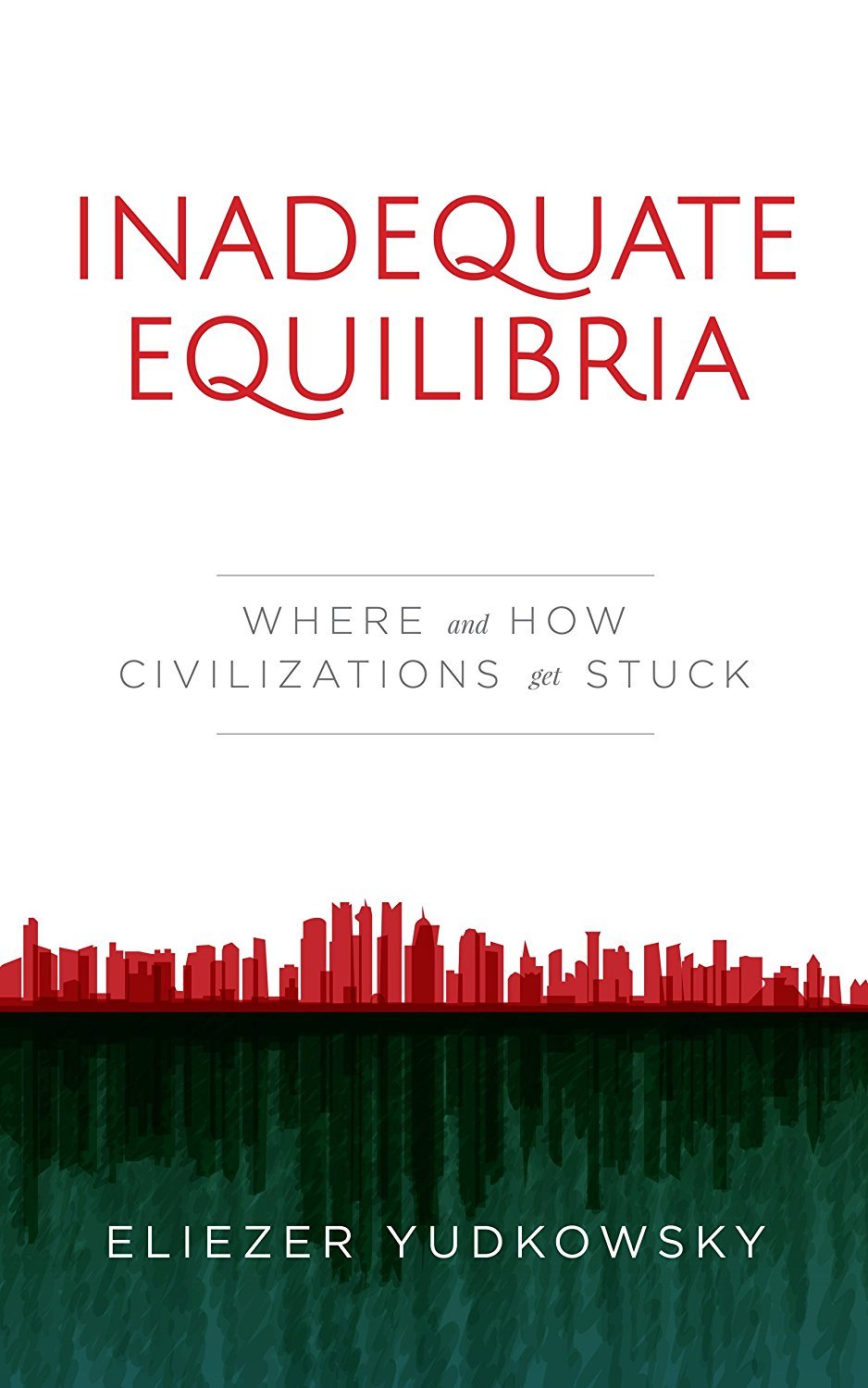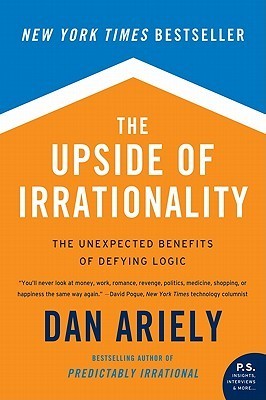
Rationality: From AI to Zombies
Book Description
What if the key to unlocking the universe's mysteries lies in the art of rational thinking? Dive into a mind-bending journey through the intricacies of human thought, where logic battles emotion and biases clash with clarity. Eliezer Yudkowsky unveils the inner workings of rationality, drawing connections from the realm of artificial intelligence to the depths of our own flawed decision-making processes. With each page, the stakes rise as the potential for a brighter, more reasoned future comes to life. Are you ready to challenge your beliefs and embrace the power of reason to reshape reality?
Quick Book Summary
Rationality: From AI to Zombies by Eliezer Yudkowsky is a sweeping exploration of what it truly means to think and reason well. Through a blend of philosophy, cognitive science, and practical anecdotes, Yudkowsky examines the cognitive biases, logical fallacies, and faulty intuitions that often derail human reasoning. He argues for the cultivation of rationality—not just as a theoretical pursuit, but as a vital habit for navigating everyday life and existential risks, especially in the context of advancing artificial intelligence. Drawing connections between human minds and the development of intelligent machines, the book challenges readers to confront uncomfortable truths, question their own mental habits, and embrace the difficult art of truth-seeking. Ultimately, it sets out a call to reason for both individual flourishing and collective survival.
Summary of Key Ideas
Table of Contents
The Nature and Importance of Rational Thinking
Yudkowsky opens by dissecting what rationality truly entails—beyond the cold machinery of logic, it is a disciplined quest for truth, a means to align one's beliefs with reality. He differentiates between epistemic rationality (forming accurate beliefs) and instrumental rationality (taking effective actions), arguing that a world built on clearer thinking averts self-destruction and misunderstandings. Rationality, he asserts, is a skill anyone can cultivate to better navigate complex, uncertain environments.
Human Cognitive Biases and Their Consequences
The human mind, Yudkowsky observes, is riddled with errors. Through vivid examples—like the sunk cost fallacy, confirmation bias, and affective forecasting errors—he reveals how inherited shortcuts from evolution can sabotage our reasoning. These biases are not just abstract curiosities; they have profound consequences, leading individuals and societies astray. By systematically cataloguing these flaws, the book calls for conscious vigilance against self-deception and groupthink.
The Art of Updating Beliefs
A key focus is the art of updating beliefs: intellectual honesty means being willing to change one’s mind when confronted with new evidence. Yudkowsky introduces Bayesian reasoning as a gold standard, emphasizing probabilistic thinking over certainty. He discusses the emotional discomfort that accompanies admitting error, underscoring the courage and humility required to adopt a "map that reflects the territory," even when it contradicts our instincts or desires.
Rationality in Artificial Intelligence and Existential Risk
The connection between human reasoning and artificial intelligence is a pivotal theme. Yudkowsky draws parallels between the ways minds, both biological and artificial, process information and make decisions. He argues that as AI capabilities grow, humanity’s survival may hinge on our ability to reason sanely and avoid existential mistakes. Lessons from rationality are urgently needed to inform safe AI development and foster global cooperation in the face of potential risks.
Building Rational Habits and Communities
Throughout the book, Yudkowsky advocates for systematically building habits and communities that nurture rational thought. He explores the challenges of teaching and incentivizing rational behavior, recognizing the social and emotional obstacles involved. By encouraging debate, shared inquiry, and ongoing self-reflection, he envisions a world where rationality becomes an attainable, collective project—leading to a safer, wiser future for humanity.
Download This Summary
Get a free PDF of this summary instantly — no email required.





